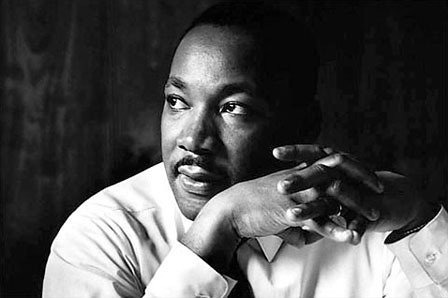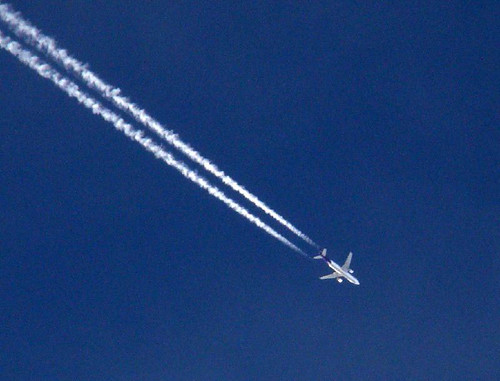David Seaton's News Links
This remobilisation of Spanish society, lulled into comfort and complacency during the boom years, in some senses recalls the fevered political and street activity of the transition to democracy after the death of the dictator Francisco Franco in 1975. Yet it is more amorphous and experimental, bypassing politics and Spain’s increasingly tarnished institutions.(...) A salient feature of the present crisis – beyond the immediate drama of Spain’s cost of borrowing and the broader eurozone crisis – is the extent to which Spain’s institutions, the linchpins of the vibrant democracy Spaniards painstakingly built after Franco, have been battered. Financial Times
I don't usually like to blog here about Spain, where I live, because I would have to spend too much time explaining the context of a very complex reality to the majority of my readers, who probably come to that reality burdened with a multitude of cliches about Spain, cliches that I find too boring to clear away. I write about politics, I'm not a travel writer.
I'll make a bit of an exception now in order to explore the advantages that come wrapped in Spain's weakness and the disadvantages for the American people inherent in America's enormous natural strength.
Spain, unlike the USA, is by nature poor, with few natural resources, with practically no rivers of any commercial use, a dry, rocky, challenging terrain that has always made communication between its regions difficult. It is also an extraordinarily beautiful land, but as any farmer of Iowa's flat, boring landscape will tell you, "pretty land is bad land to farm".
It is a landscape that breeds hardy, fibrous and energetic men and women. This ungenerous, hardscrabble, land is what drove the conquistadors to discover and conquer the Americas take its gold, and create what was then the world's largest empire.
When that empire fell apart Spain languished until Europe's post war prosperity lifted all the boats and finally provided Spain with the capital necessary to modernize its infrastructure and give opportunity for the Spanish people, called "the Prussians of the south", to express again their native energy by building Europe's fourth largest economy.
Today Spain is trying to dig itself out of the debris of an enormous real estate bubble created out of the euphoria of finally finding low interest money in their pockets after centuries of privation.
As the snippet from the Financial Times above indicates this has led to a massive questioning of the basic construction of the Spanish state. In other words, in the midst of disaster the Spanish people are discovering, in the words of Marx and Engels that,
"All that is solid melts into air, all that is holy is profaned, and man is at last compelled to face with sober senses, his real conditions of life, and his relations with his kind."
And I would maintain that such a facing with sober senses the real conditions of one's life and the relations with one's kind, is one of the most beneficial exercises a human being could undertake in the short time he or she is given to live. I think it was Socrates that said that an unexamined life wasn't worth living. And it is trying to imagine the American people en masse ever waking up to the extent that Spanish people are waking up now, that leads me to meditate on the advantages of weakness and the deadening, sluggish, tyranny of strength.
I have observed over the years that those who can drink large quantities of alcohol without showing its effects are the ones who die of cirrhosis, that the boxers that can't be knocked down, no matter how hard they are hit, are the ones that end up punchy and I wonder if this also applies to the living flesh of the common people of a country whose elites are the most wealthy and powerful and self satisfied in the history of our species.
The United States of America is so big, so populated, so rich, with such a smug and layered plutocracy, so tyrannized by endless interest groups that I cannot imagine the American people ever taking to the streets in a general strike or even more tragically, I cannot imagine that it would ever make any difference at all to their reality if they did. DS


